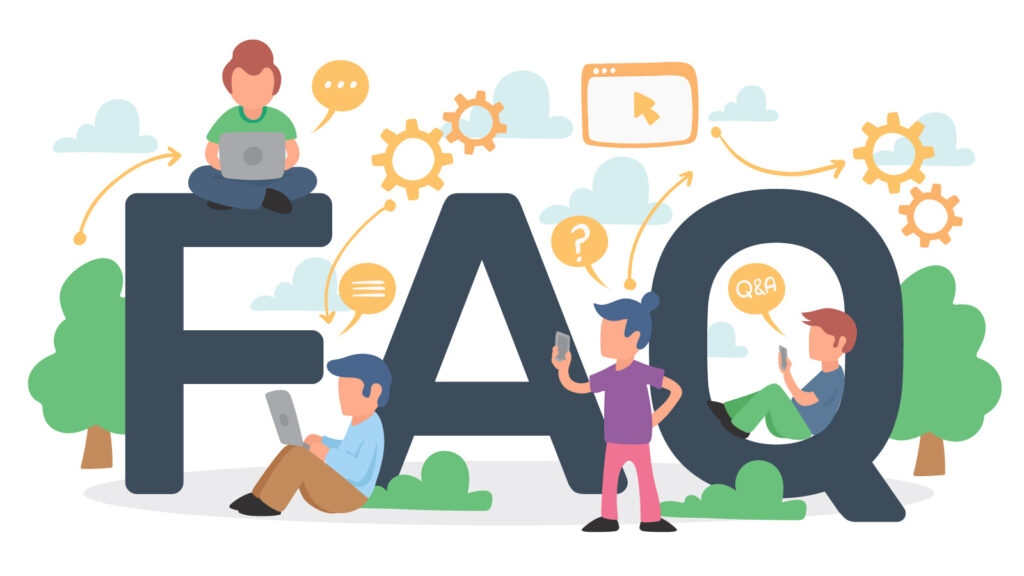Job Readiness Program

Audience: Final Year Students, Fresher’s Assessment of readiness for wide range of fresher jobs, Growth recommendations, Optional Mentoring
A Job Readiness Program is designed to equip individuals with the essential skills and knowledge needed to successfully enter or re-enter the workforce. It typically includes workshops and training sessions on resume writing, interview techniques, networking strategies, and professional communication. Participants learn job search strategies, how to effectively use online job boards, and develop confidence in their abilities. The program may also cover workplace etiquette, time management, and stress management techniques to ensure readiness for the demands of employment. Job Readiness Programs aim to empower participants by providing practical tools and resources that enhance their employability, foster career advancement, and support their overall professional development in today’s competitive job market.
Conclusion:
Assessing your readiness for fresher jobs involves evaluating your skills, educational background, and personal attributes. By identifying areas for improvement, pursuing skill development opportunities, and considering optional mentoring, you can enhance your readiness, increase your job prospects, and accelerate your career growth effectively. Continuous self-reflection and proactive career planning will contribute to your success in navigating the job market as a fresher.
Skills Assessment
Workplace Readiness Evaluation
Career Readiness Tools
Personal Development
Job Search Strategies
Resource Awareness

